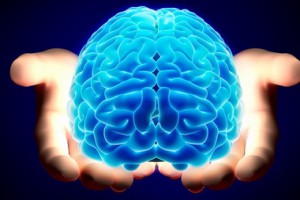Light therapy holds promise for people with bipolar disorder
Light therapy, consisting of daily exposure to bright, artificial light, is already a recognized line of treatment for people affected by seasonal and nonseasonal depressive disorder.
Light therapy, consisting of daily exposure to bright, artificial light, is already a recognized line of treatment for people affected by seasonal and nonseasonal depressive disorder.
But much less is known about the potential benefits of light therapy for people with bipolar disorder, one of the leading causes of disability worldwide.
In a meta-analysis recently published in The Canadian Journal of Psychiatry, Dr. Raymond Lam — a professor in the department of psychiatry, director of the Mood Disorders Centre at the Djavad Mowafaghian Centre for Brain Health, and research scientist at the Vancouver Coastal Health Research Institute — took a closer look at the growing body of research in this area.
Lam and his colleagues found that, when it comes to reducing symptoms of bipolar depression, light therapy holds promise.





Related Posts